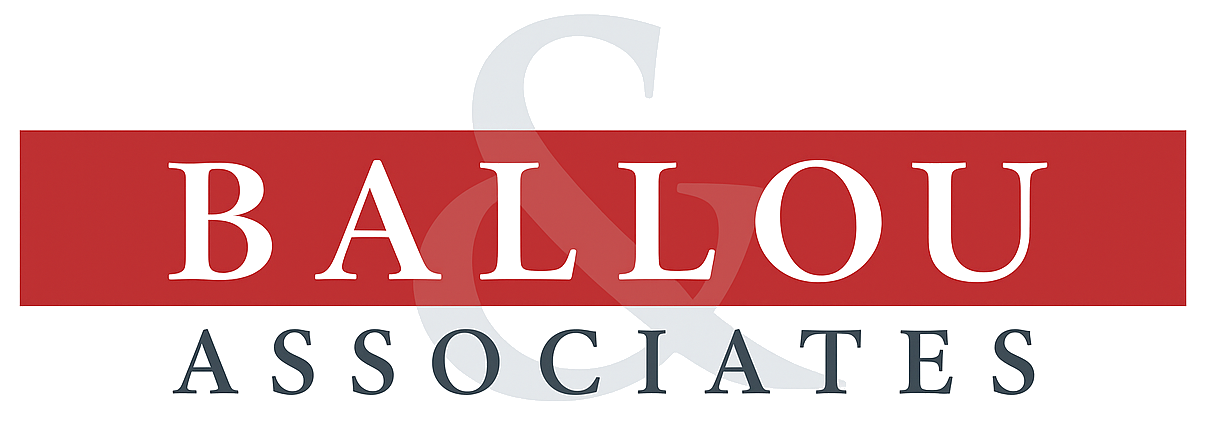Don’t Fall for These Tax Myths: Stay Ahead of the Game
In the spirit of the season, let's talk about tricks—but not the kind involving costumes and candy. We're diving into the tricky myths that often confuse business owners during tax season. It's easy to be misled by well-meaning advice, but understanding the truth now can save you from penalties, extra stress, and the strain of setting things right later. Let's clear the fog surrounding some of these common tax misconceptions.
Myth #1: “If I file an extension, I get more time to pay my taxes.”
It might seem logical to assume an extension means more time to pay your taxes, but in reality, an extension only gives you more time to file your return. You still need to make your tax payments by the April 15 deadline. Miss it, and you could face penalties and interest charges.
Myth #2: “Bank statements are enough to prove business expenses.”
While bank or credit card statements might confirm a transaction happened, they won't usually specify what you purchased or how it qualifies as a business expense. Always keep detailed receipts, particularly for travel, meals, and items with both personal and business use.
Myth #3: “I can write off anything if I say it’s a business expense.”
Saying something is a business expense doesn’t necessarily make it deductible. Only expenses that are ordinary and necessary to your business qualify. Attempting to claim personal costs like your vacation or wardrobe update may not withstand IRS scrutiny.
Myth #4: "Paying someone as an independent contractor means I don't have to worry about payroll taxes."
This myth can lead to serious consequences. Whether someone is an independent contractor or not relies on the level of control and work conditions. Misclassifying a worker could result in penalties and back taxes. Understanding classification is critical.
Myth #5: “I’m too small to get audited.”
Think your small business is under the radar? Think again. Any business, regardless of size, can be audited. Certain factors, such as high deductions or unusual transactions, might increase your audit risk, so it’s best to maintain precise and accurate records.
The key to avoiding these traps is to question the tax tips you hear and seek professional guidance when in doubt. We're here to help you navigate the tax landscape. Feel free to reach out for a quick tax check-in or to address questions before making decisions that could financially impact you. Count on us as your trusted resource to steer clear of these traps.
